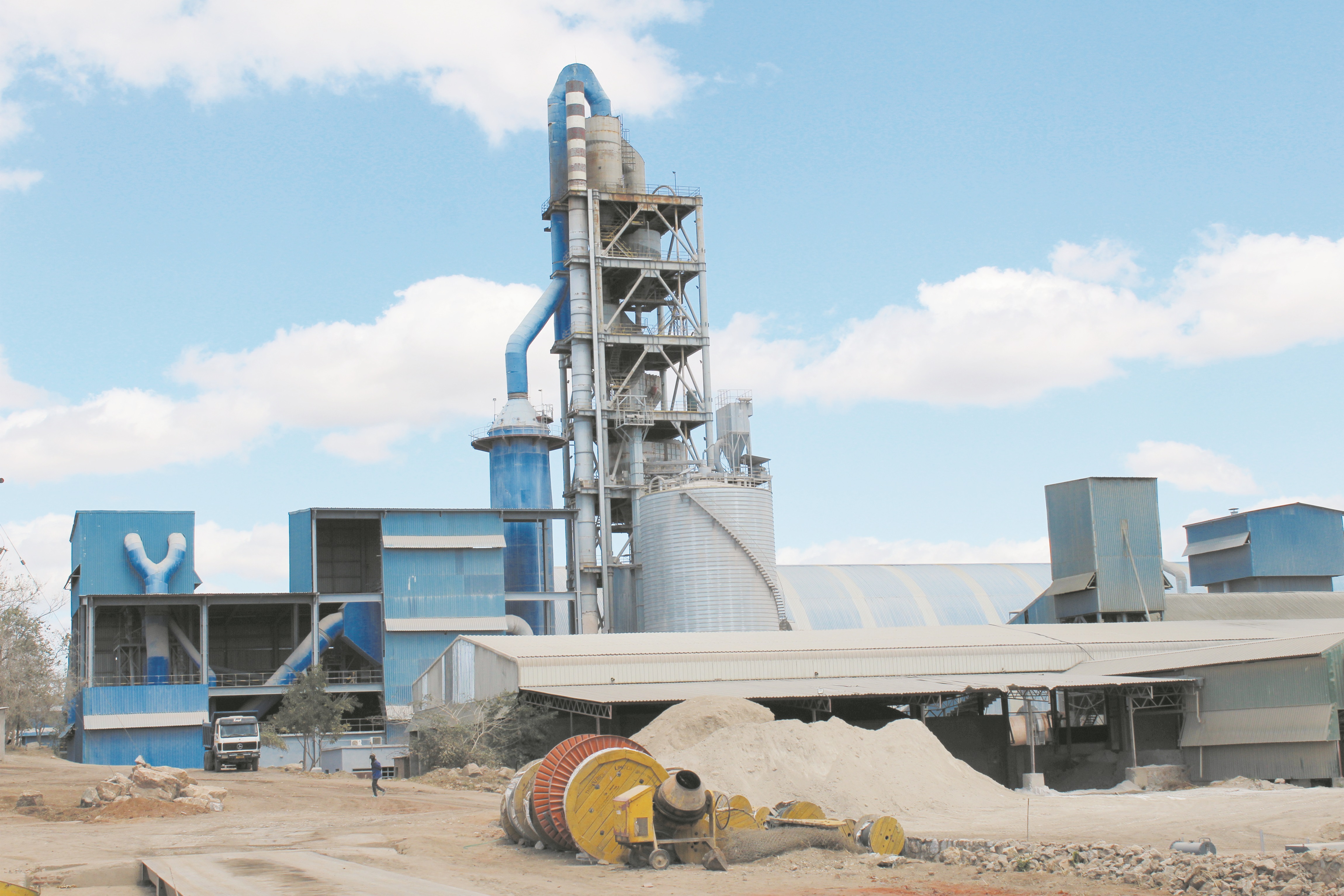
Mining
Government moves to protect local coal, cement industries
August 01, 2025 / Modester Mwalija

A local investment Njereza Plant in Mangochi is under threat from imports
The Malawi Government says it is putting in measures to protect local industries including cement and coal producers who have been complaining for a long time of unfair market competition from foreign products.
Public Relation Officer for Ministry of Trade and Industry Patrick Botha said in an interview that the government has begun introducing reforms aimed at protecting local industries.
“Local industries do get support in the area of duty waivers for capital equipment to support setting up or expansion and currently, cement import licenses are not being issued. That shows our commitment to protecting domestic production,” he said.
Botha highlighted the Ministry’s efforts to address Non-Tariff Barriers (NTBs but admitted this system relies on active reporting from affected stakeholders.
“We have already started implementing such reforms. The new policy on restricting certain imports is clear proof of this.”
Malawi’s coal and cement industries are facing mounting pressure due to what industry analysts say is weak trade protection as Malawi is party to regional trade agreements under Southern Africa Development Community (SADC) and Common Market for Eastern and Southern Africa (COMESA).
In a separate interview with Mining and Trade Review, Coordinator of the Chamber of Mines and Energy Grain Malunga says this uneven trade environment is hurting the mining sector.
He said that Malawi’s coal and cement industries are struggling to compete as cheaper imports continue to enter the market despite adequate local production capacity.
“It seems there is more of following country protection regulations than the protocol agreements. For example, Tanzania discourages Malawi coal from entering its market,” he said.
He also said that this restriction is particularly damaging to producers in the Northern Region, who are geographically closer to Tanzania than to the country’s major commercial hubs in Lilongwe and Blantyre.
Malunga explained that because the miners cannot access nearby markets, local coal becomes more expensive due to higher domestic transport costs. He bemoaned that Malawi’s own trade policies favour imports, saying “Malawi has favourable import terms for coal which makes local coal uncompetitive even within our own market and this scenario mirrors challenges in the cement sector, where foreign brands continue to dominate”.
Malunga said action is needed at border points where exporters often delay or face obstacles for shipments “due to security officers’ unruly behaviour.”
“The behavior of security officers at borders should be reviewed. They must respect official documentation from the Ministry of Mining,” said Malunga.
He also recommended introducing “non-trade barriers” like quality standards to help local products remain competitive an approach which he says is widely used in other countries.
As Malawi pursues its industrialization goals under the Malawi 2063 development agenda, it is important for government to rethink about its reliance on international trade agreements and adopt more proactive measures to defend domestic production from unfair competition.
Malawi has a number of coal mines in the Northern Region which are mainly located in Livingstonia and Ngana Coalfields in Rumphi and Karonga Districts.
Tanzania’s restrictions in coal imports resulted in the companies losing the Tanzania export market to opt for local markets mainly in Blantyre and Lilongwe where there are experiencing stiff competition with imports from Mozambique.
Similarly, local cement producers, Shayona Cement Corporation which owns a clinker plant in Kasungu, and Cement Products Limited with a clinker plant in Mangochi, have been complaining of stiff market competition from foreign brands.































